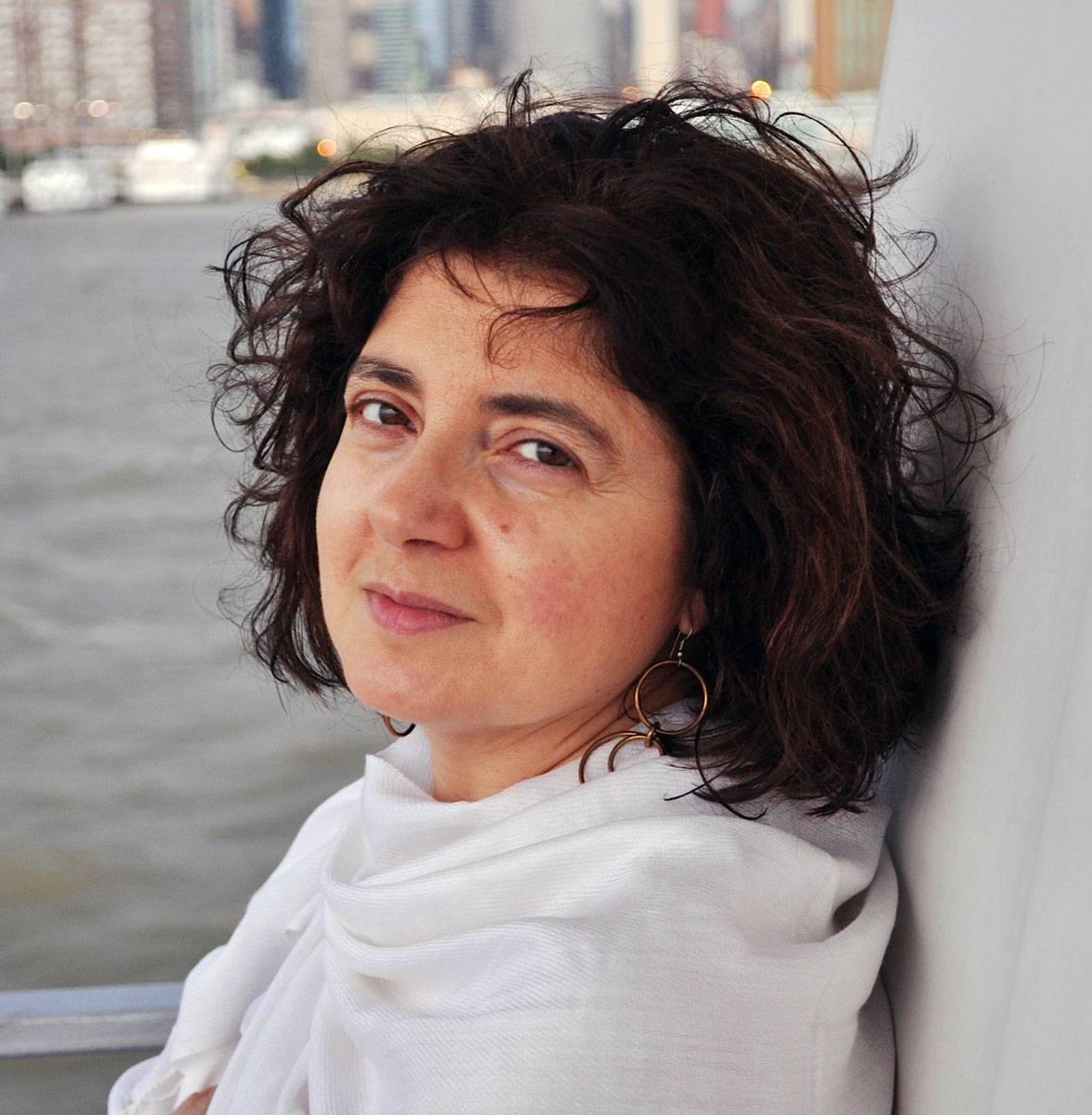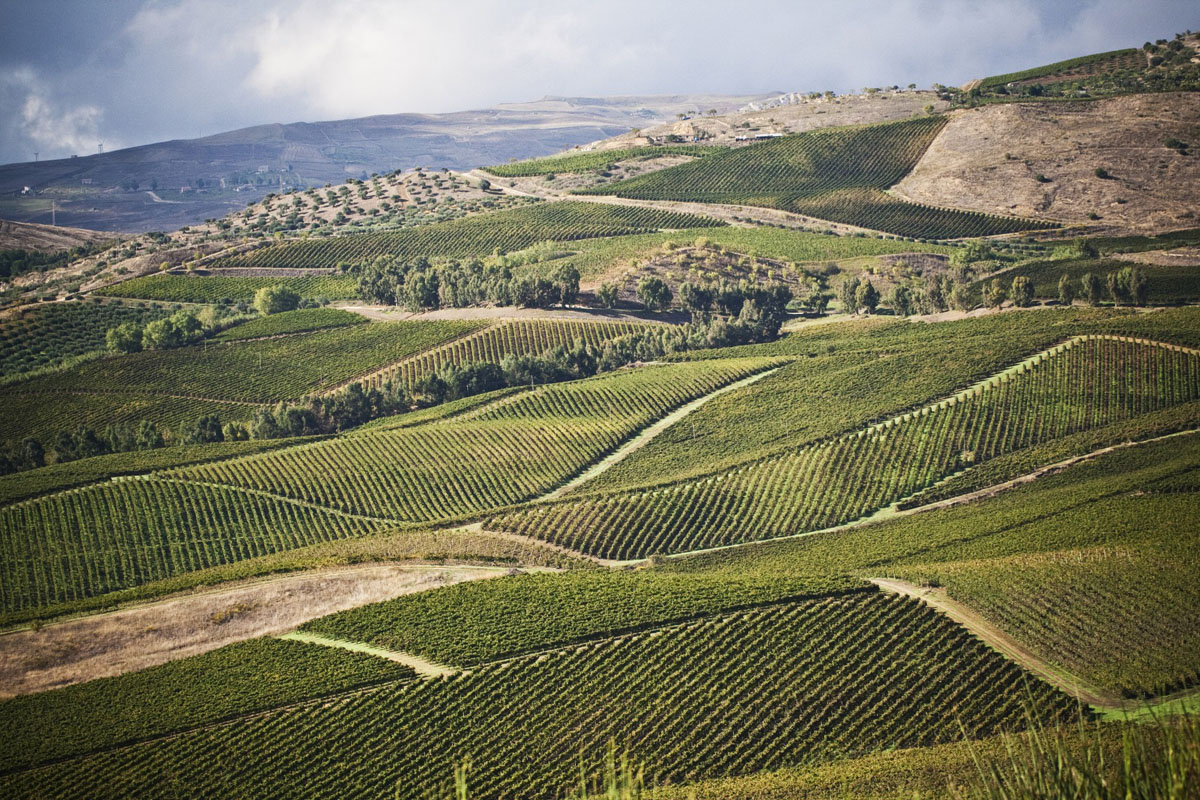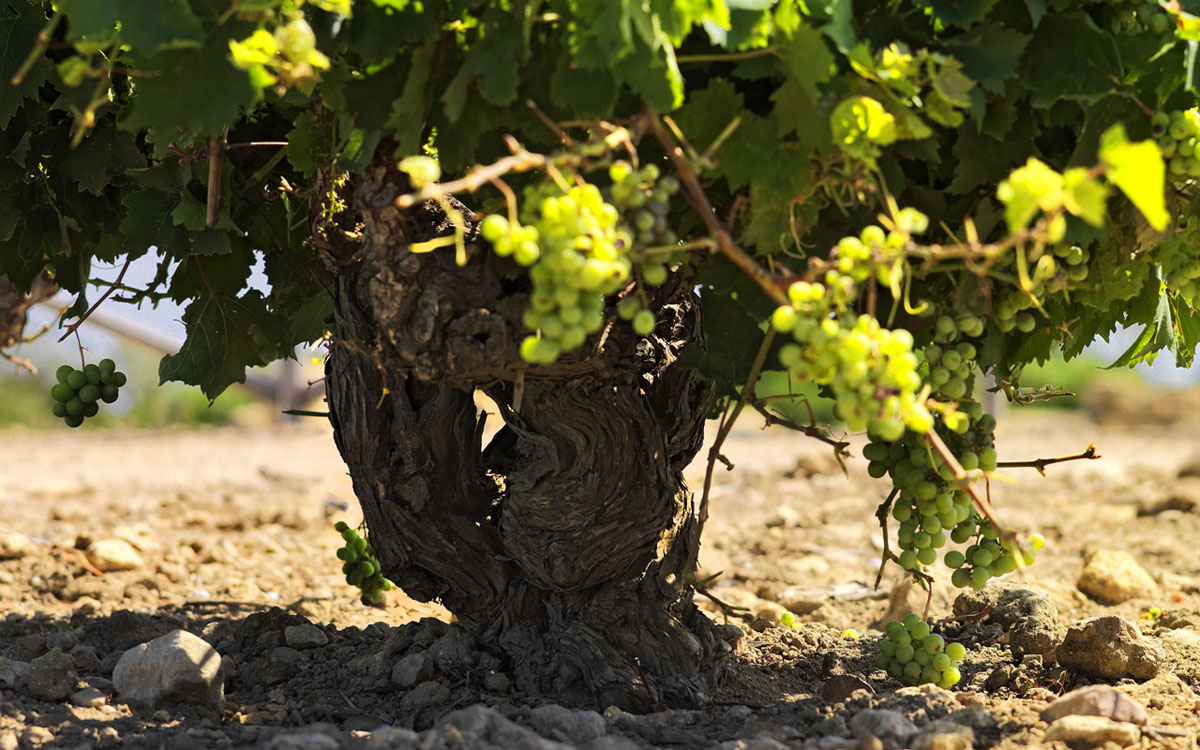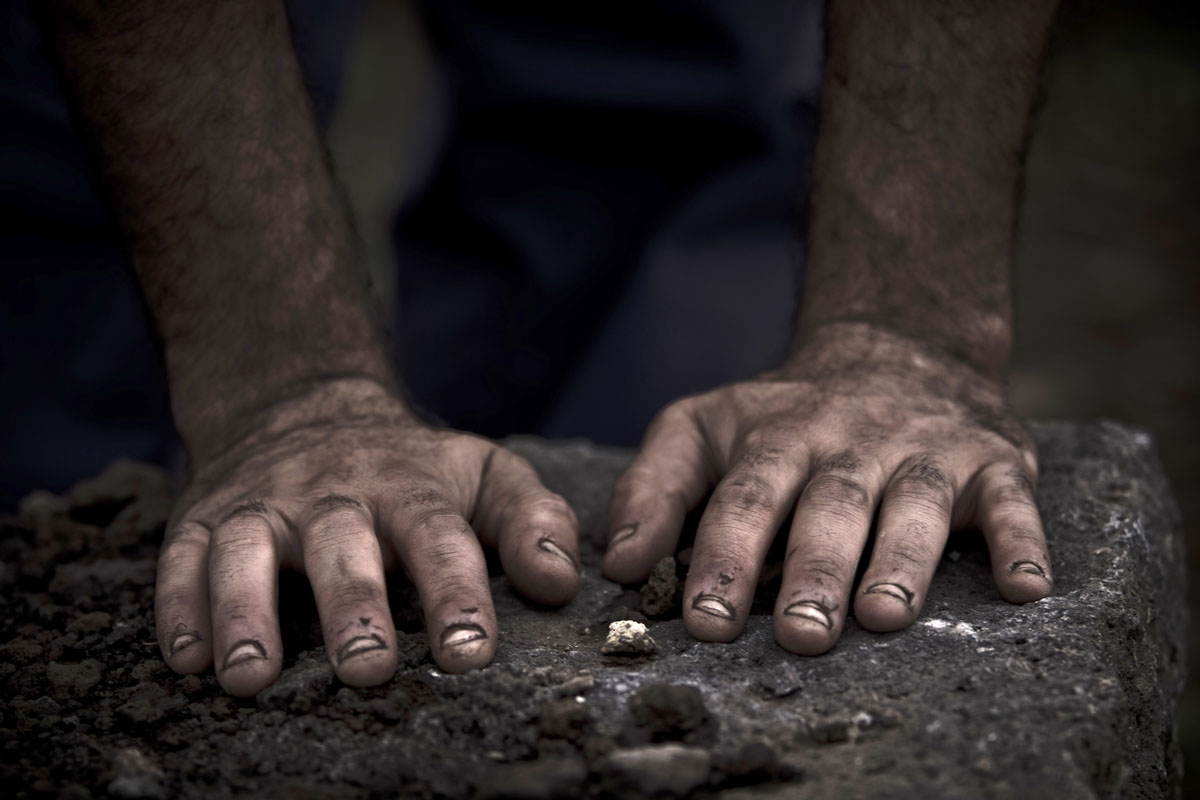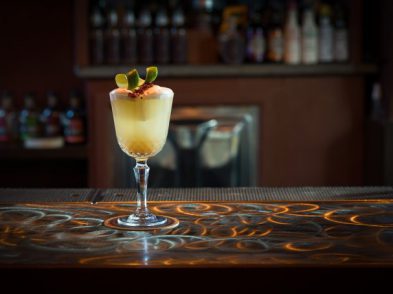Suzanne Branciforte: Edvige, you’re a teacher of memoir writing. What are your roots, origins and story?
Edvige Giunta: I am Italian, and American, Sicilian, Sicilian-American, European. I have multiple identities. Memoir became an opportunity to bring together threads of identity and cultural experience. It’s an antidote to cultural displacement. Most people experience some form of displacement. It doesn’t have to be geographical; it can be class, cultural, gender identity, disability… Your sense of home is somehow thwarted.
SB: Can you tell me about your experience as a teacher of memoir?
EG: An extraordinary experience… I stumbled on it; my training was as a literary critic. I wrote my dissertation on James Joyce (not that James Joyce is not a great memoir teacher in some ways). During my first year at New Jersey City University I had an opportunity to teach a creative writing class. I had read Louise DeSalvo’s memoir, Vertigo. It was life-changing. Louise suggested I teach memoir. Over the past 20 years, I’ve taught memoir workshops in New Jersey, in Italy, in all sorts of settings. With people aged 14 to 90.
SB: What happens in a memoir workshop?
EG: It’s a process of self-discovery. I ask workshop participants if there is a story they have wanted to write, and most people say yes. Then I tell them: Give it up. Let go of the story. Let the story choose you. Memoir entails delicate self-archeological work, rooted in family history, in childhood and adolescence, in country and culture. We are invested in certain issues and narratives. We tend to use them to shape our stories. My responsibility as a memoir teacher is to help writers get out of their own way and allow the perfect story to show up, with its own direction and insights. I love watching that process and assisting a writer undertaking the creative act.
The workshop is an electrifying space where you actually write fresh material. You are doing it within a community of writers engaged in the same process. Something happens in the communal space—a shared writing courage.
Memoir writing is a process of self-discovery, but it also unveils family history. We all know things we do not know we know, not just about ourselves, but about our ancestors. When you begin to write, information comes to you that was unknown to you before. On the page, you can encounter your ancestors.
SB: Is it better to be in a different physical space when you write memoir? You have gone far from Sicily and written about your life. Now people can come to the Tasca estates in Sicily and write about their lives in their home countries.
EG: Writing is a spiritual experience; it’s not a mechanical act. You have to show up with your most authentic self. Most of us live busy and fragmented lives. Being away from your daily routine and immersing yourself in the writing experience without any distractions opens previously unimagined possibilities. When your senses are fed delicious and beautiful food and the stunning scenery of a place like the vineyards in Sicily, the work is free to flourish. Because you are not preoccupied, the doors to creativity are wide open. Self-care allows you to go to darker places. Meditation, yoga and other centering activities are also beneficial.
SB: Can you share a trick with us? An “antipasto” of what the In Vino Veritas memoir workshop will be?
EG: My workshops are focused around writing prompts that help you to see something you have not seen before. “Memoir writing 5 minutes at a time” means you create tiny building blocks, and watch how the story grows organically. Writing makes things visible. That’s the beauty of it. You have only one autobiography but many, many memoirs. When you are in a memoir-writing workshop, you have to figure out which story is calling you at the time.
SB: How many memoirs do you have inside you?
EG: I am in the final stages of No Confetti for the Dead, about female friendship, grief and Sicily remembered from a distance. There many other stories, family memoirs, waiting for my attention.
SB: What is the difference between autobiography and memoir?
EG: An autobiography recounts the key events in your life; memoir is the story of how you have come to understand the memories of certain events, what you remembered and forgot. You cannot write memoir if you do not open yourself to the possibility that you have something new to learn, insights to express. You don’t need a sensational story to write memoir. The beauty of memoir is that it allows you to see the extraordinary in the ordinary moments of life. I love a line from a Leonard Cohen song: there is a crack in everything. Memoir helps you to see the beauty in the cracks.
Join Edvige Giunta for the In Vino Veritas, Memoir Writing in the Vineyards workshop this summer in Tuscany or Sicily.

